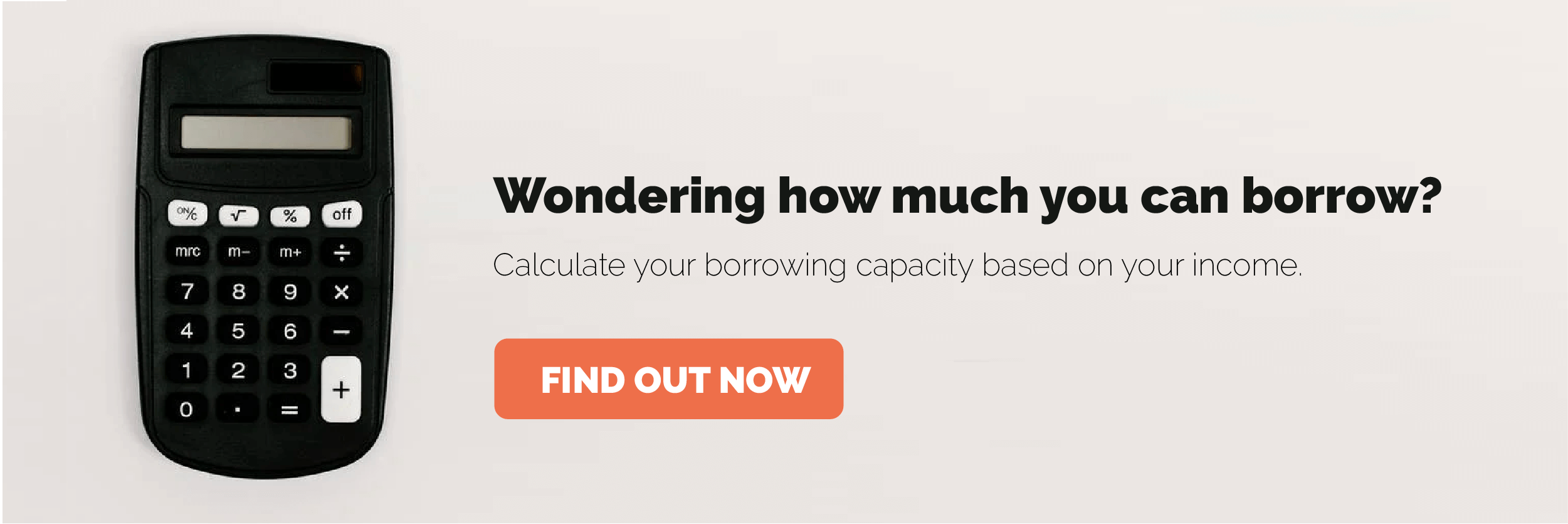If you’re a first home buyer and you’re struggling to save for a deposit, you’re not alone. With property prices rising due to rapid market changes, first home buyers are struggling to enter the property market. And with other property purchasing costs to take into account, getting a home loan with no deposit may seem impossible.

But that’s not true. Fortunately, there are still options for you if you’re looking for a home loan with no deposit. In this article, we’ll explore the different options for buyers looking for a home loan with no deposit. Additionally, we’ll discuss where you can go next to find out more information and get tailored advice and support:
- First Home Owner Grant
- First Home Super Saver Scheme
- Getting a guarantor
- Using a gifted deposit or windfall
- Next steps
If you have a small deposit saved, but not enough to meet the 20% deposit requirement, you may be able to take advantage of other offers. Check out our guide to getting a home loan without a 20% deposit for more information.
First Home Owner Grant
If you’re struggling to save for a deposit, you may be able to reach your deposit requirements with the First Home Owner Grant. This state-based scheme provides first home buyers with a grant between $10 000 and $20 000 (depending on location and other factors) to spend on their first property purchase.
Buyers can use this grant to cover a range of property purchasing costs, including your deposit. If you’re buying a new or substantially renovated home, you will usually receive the grant on settlement if you are approved by your relevant state or territory government. If you’re building a new home, you’ll usually receive the grant when you make the first progress payment on your home loan.
It’s important to note that the eligibility criteria and offers involved with this grant vary between states and territories. Click on the links below to determine what your state or territory is offering to first home buyers with this grant:
Unfortunately, the ACT is not currently offering the First Home Buyer Grant. However, their stamp duty concessions apply to all property types in the territory, which could help you save thousands.

First Home Super Saver Scheme
This scheme helps first home buyers meet their deposit requirements faster by allowing them to make voluntary additional contributions to their super. This could help you save for deposits faster, therefore getting your dream home sooner than you might when just saving normally.
Through this scheme, buyers can make concessional (before tax) and non-concessional (after-tax) contributions to their super funds. You can then apply to release these voluntary contributions, as well as other related earnings, in order to pay for your home loan deposit. Buyers can release up to $15 000 per year from their super funds for this purpose.
To be eligible for this scheme, you must:
- Live in the property or plan to live in it as soon as you’re able
- Move into the property within the first 12 months of securing it
- Live in the property for at least six months upon moving in
You can discover more about this scheme and apply for it through the Australian Taxation Office (ATO) website.
Getting a guarantor
If you’re unable to meet your deposit requirements on your own, you can ask a close family member to become a guarantor on your loan. This means they offer up the equity on their home or another asset to act as security in the event that you default on your loan.
If this family member is able to help you provide a 20% deposit or higher, you can even avoid Lender’s Mortgage Insurance, a one-off cost that protects your lender, not you, if you default on your loan. This could save you thousands in the long term on your loan, so it’s definitely worth considering.
Being a guarantor is a huge commitment and getting a guarantor can be complicated as a result. Check out our guide on everything you need to know about family guarantee loans to see if they’d be a viable option for you.
Using a gifted deposit or windfall
If the options above. don’t suit your personal circumstances, you may be able to take advantage of some other options.
If your family can and are willing to, they can provide you with a gifted deposit or a cash gift to help you towards meeting your deposit requirements. Lenders will usually require proof that this money has come from your family and that it has been lent to you unconditionally and with no expectation of repayment, usually in the form of a gift letter.
If you obtain a large sum of money for another reason, such as an inheritance or other cash gift, you can use this towards your deposit. This is known as a windfall.
Next steps
If you’re looking for a home loan with no deposit, we hope these options can help you move closer to achieving your homeownership dreams. Remember, if you’re interested in a family guarantee loan, it’s important for you and the family member/s involved to seek professional advice before settlement.
If you’re still feeling overwhelmed by getting a home loan without a deposit, we’re here to help. As an experienced ethical mortgage broker, we take the hard work out of the home buying process so you can focus on what matters. We can help you research and compare loans from over 30 lenders, prepare your application and communicate with banks to save you time and money on your home buying journey. And if you secure a home loan through us, we’ll donate up to 50% of our profits to help a family doing it tough in Australia or the Asia Pacific get their dream home, too.
So send us a quick message or organise a phone call or consultation so we can provide you with personalised and professional advice – for free.
Disclaimer: The information provided is general in nature and does not constitute financial advice. Please speak to us for recommendations on your individual circumstances and requirements.

